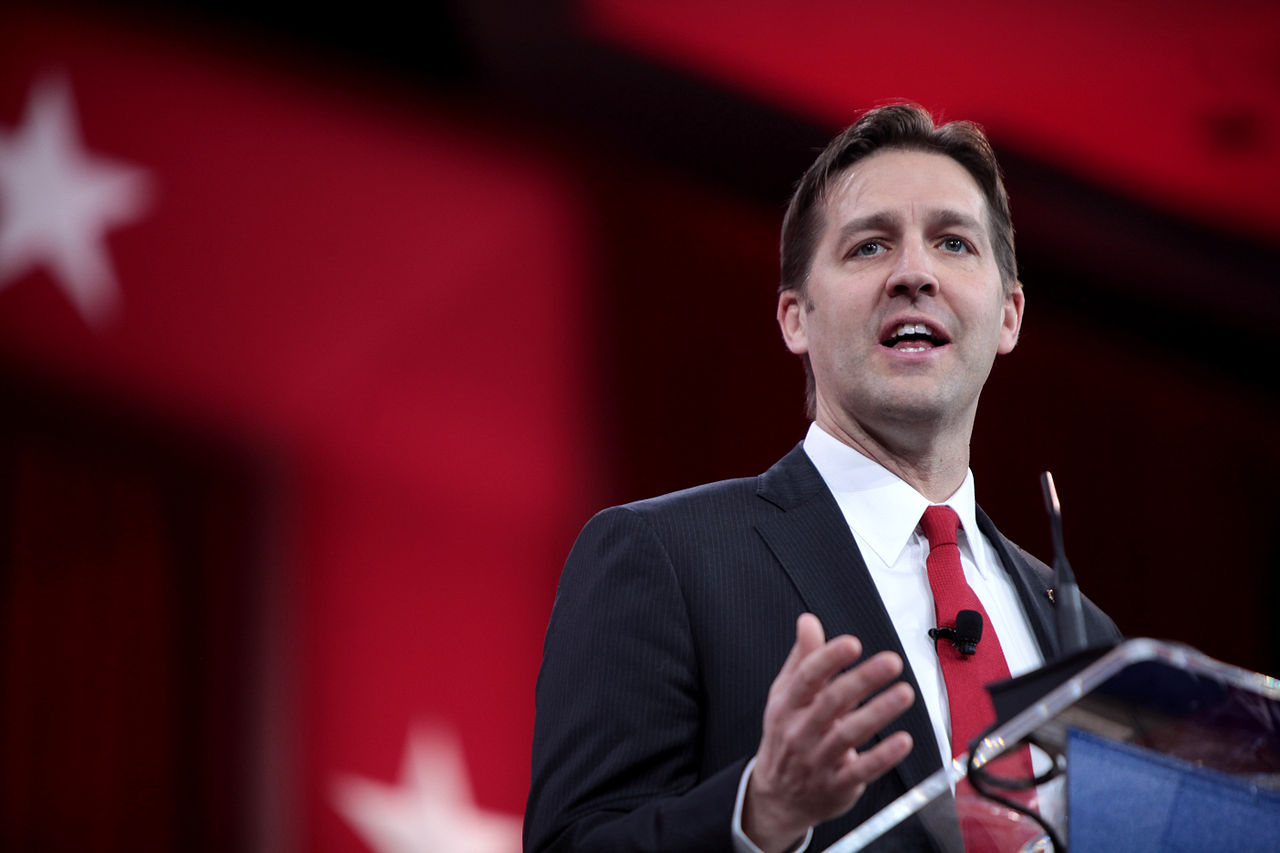Last week Matthew Walther went hard after one of my Senators, Ben Sasse, in a piece for The Week. The piece wandered a bit, but I basically agreed with it: It’s hard to make sense of Sasse as a politician because there is, from where a lot of us are sitting, a large gap between his rhetoric and his actual voting record. Moreover, it’s hard to square some of his rhetoric with his policy preferences.
Login to read more
Sign in or create a free account to access Subscriber-only content.
Topics:
